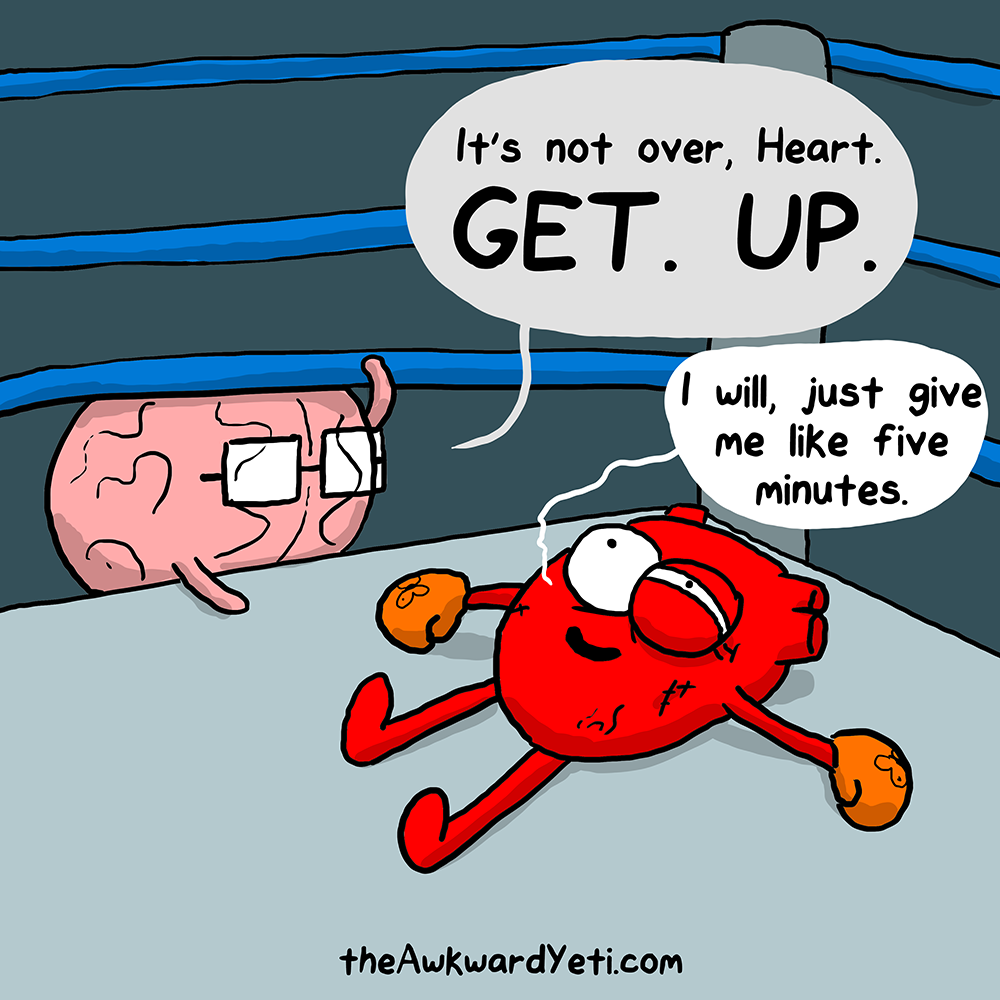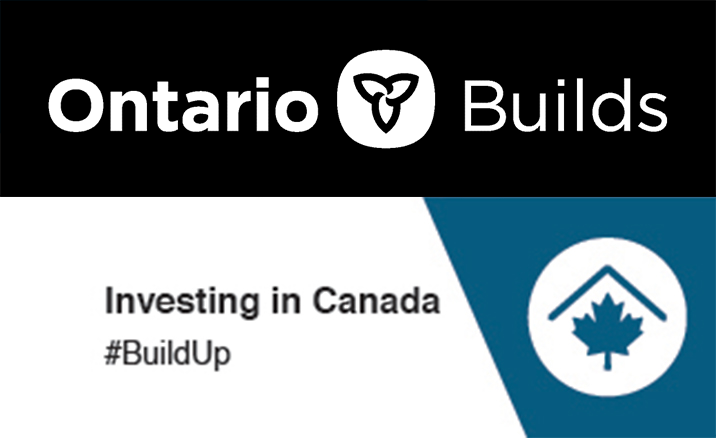

Thriving and Surviving
So, what is resilience? As we learn how people cope with challenges, we discover that a big factor that contributes to mental well-being is one’s resilience. Dr. Michael Ungar, who studies resilience around the world, asks us to picture a balanced seesaw. During normal situations, the stressors may stack on one side, but the resources we have to help us are balanced out on the other side, and most of the time we have enough resilience to help us cope. During a crisis, our capacity to cope is overwhelmed, but eventually by using our resources the balance returns and we adapt. Picture the seesaw dropping down to one side, but then coming back to balance.
During a pandemic, the seesaw is stacked on the stress side and we may be under-resourced in our normal ways of coping (may have less income, less social contact, less routine). So, the seesaw gets stuck in an unbalanced position. No wonder we feel stressed!
But, Ungar’s research also shows that “Resilience is not just about…individual resources”; it is something we “do together”! We hear a lot about individual grits or smarts, when it really “depends more on what we receive than what we have.” It’s more about having the right resources around us and receiving them at the right time and given in the right way, to help balance out the seesaw once again.
So, Resilience is Not
- Toughening up, not crying, soldiering on
- Trying to do it alone because asking for help is weak
Resilience Is
- Acknowledging and allowing your emotions, without judging them
- Being able to continue to function relatively normally, to be okay, in adversity and despite adversity
- Seeking out and using the resources you have and finding new ones
- Dialling down the inner critic, that inner judgemental voice we all have that tells us we should be doing better, we don’t have it as bad as some people, piling on shame and guilt
- Showing yourself self-compassion to let yourself get through this
Dr. Robyne Hanley-Dafoe defines “Being resilient…[as], we are okay during a setback, challenge or a crisis and we are okay on the other side of it. How we get to and stay okay varies but [is] the practice of continuing to push forward, even when it is hard.” She reminds us that “Resiliency lives within us all.” She also says that “The only difference between those who can keep getting up after adversity and those who struggle with it, is knowing how to draw on this resource in times of need…” and that “this can be taught.”
Helpful Resources
On Surviving – Coping with emotions
On Thriving – Growth Mindset
- Big Life Journal
- The power of believing that you can improve | Carol Dweck TEDTalk
- Prediction and Resiliency: Finding the Shared Experience | Robyne Hanley-Dafoe | TEDxStMaryCSSchool
Community Events
Woolwich Counselling
- 2SLGBTQ+ Understanding and Awareness Workshop (Tuesday, Oct. 5 2021, 7-8 pm)
- Understanding Cognitive Behaviour Therapy (CBT) (Tuesday, Oct. 12 2021, 7-8 pm)
- Parenting Your Anxious Child (Thursday, Oct. 14 2021, 7-8 pm)
- What is Mindfulness (Monday, Oct. 18 2021, 7-8 pm)
- Stand Tall: Confidence Building Group for Kids (Ages 7 to 9) (Mondays, Oct. 25, Nov. 1, 8, 15, 22, 29 2021, 5-6 pm)
- Understanding and Preventing Eating Disorders (Monday, Oct. 25 2021, 7-8:30 pm)
- No Need to Fret: Anxiety Group for Kids (Ages 8 to 11) (Tuesdays, Oct. 26, Nov. 2, 9, 16, 23 2021, 5-6 pm)
- Glad to Be Me: Self-Esteem Group for Kids (Ages 4 to 7) (Thursday, Oct. 28 2021, 4-5 pm)
- Adult CBT Skills Group for Anxiety (Tuesdays, Nov. 9, 16, 23, 30, Dec. 7, 14 2021, 6:30-8 pm)
- Conquering Teen Anxiety (Wednesdays, Nov. 10, 17, 24, Dec. 1, 8 2021, 5-6 pm)
- Strengthening Connection With Our Kids: Workshop for Adults (Thursday, Nov. 18 2021, 7-8 pm)
Carizon
Community Resource Program – Fall 2021
- Healthy Living & Healthy Relationships – Online (Family Focused Group for 5–7-year-olds)
- Building Parenting Capacity Book Club – Online (Group for Parents of children in grades K-8)
- Connecting Through Play – Online (Family Focused Group for 5–7-year-olds)
- Optimistic Thinking – Online (Youth aged 9-11)
- Just Breathe – Online (Caregivers and their children aged 7-9)
- Extinguish Your Fire – In person (Children aged 5-7)
- #YouthConnected – In person
- Female-identified Youth aged 14-17
Read more about the Community Resource Program.
Newcomer Mental Health and Well-being Program
- Empowering Youth on Anti-Racism – Online (Youth, high-school aged)
- International Youth Group – Online (Youth, 10 to 13 years-old)
- Parents Talk it Though – Online (Parents of children of all ages)
- Growing Stronger – Online (Adult (18+) trauma group)
- Youth in Diverse Cultures – In-person (Male youth, 15-20 years-old)
Read more about the Newcomer Mental Health and Well-being Program.
Programs for Families with Kids 0 to 6 years old
- Growing Healthy Two-Gether
- First Time Parents Group
- Super Dads, Super Kids – online
- Super Dads, Super Kids – in person
- Busy Babies…Nobody’s Perfect (multiple sessions)
Read more about Programs for Families with Kids 0 to 6 years old.
Lunch & Learns for Caregivers with WRDSB Psychology Department
Wednesdays from 12:15 to 12:45 pm
- Meeting ID: 544 193 0058
- Password: WRDSB
October 20: The Development of Self-Regulation and Co-Regulation
October 27: “When Mistakes Make You Quake”: Supporting kids who struggle with perfectionism
Need Some Help?
For urgent matters call 911 or go to your local emergency room
Here 24/7: 1-844-437-3247
Kids Help Phone: 1-800-668-6868 or text “CONNECT” to 686868
Front Door: 519 749 2932, and press “1”
We Would Love Your Feedback
Please take a one minute survey to share your thoughts and suggestions about our newsletter: Take the Survey.


